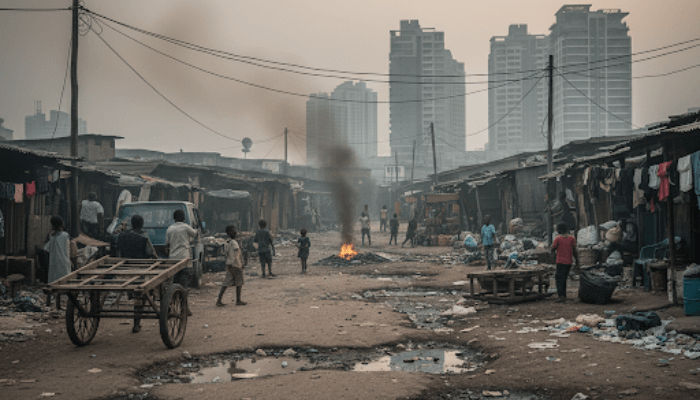Decades ago, many Nigerians may have thought that Cancer was a strange affliction common in non-negro human stock, and had nothing to do with the black race. Today, the story has changed. Cancer cases are expected to surge 57 percent globally in the next 20 years, an imminent human disaster that will require a renewed focus on prevention to combat, according to the World Health Organization (WHO).
The World Cancer Report, produced by the WHO’s specialized cancer agency and released on World Cancer Day, predicts new cancer cases will rise from an estimated 14 million annually in 2012 to 22 million within two decades. Over the same period, cancer deaths are predicted to rise from 8.2 million a year to 13 million.
In Nigeria, cancer now ranks third on the list of Nigeria’s most prevalent killer diseases behind only malaria and HIV/AIDS, accounting for death of millions of Nigerians that include eminent personalities, according to Nigerian Medical Association (NMA)
Rising cases of cancer which have taken a common place in the country has placed Nigerians on the edge with the current minimum wage of eighteen thousand Naira (N18, 000) unable to pay for the huge healthcare cost to manage such ailments
Investigations show that an individual would spend about N67, 000 for breast scan, Mammogram, Biopsy and other tests. An average surgery costs between N80, 00 and N150, 000 while chemotherapy cost ranges between N100, 000 to N500, 000. Targeted therapy in the country cost as much as over N4 million, putting more financial pains on cancer patients and their caregivers.
Experts are of the view that the cancer epidemic is fuelled by a combination of risk factors such as exposure to increased environmental factors (use of generating sets), tobacco use, unhealthy diet, lack of physical activity and harmful alcohol use. The socio-economic toll of cancers has a huge public health concern, dominating healthcare expenditures in developed and developing countries, including Nigeria.
A peep into the disease shows that cancer occurs when abnormal cells within any part of the human body continuously grow out of control with chances of developing most cancers related to risk factors such as tobacco use, unhealthy diet, harmful use of alcohol, physical inactivity, urban air pollution and indoor smoke from household use of solid fuels.
Investigations show dearth in healthcare infrastructure which makes clinical services hard to come by and inadequately distributed in the country. While there is no comprehensive cancer care facility presently in the country, only a few health centres have functioning radiotherapy equipment and the cost of care remains out of reach for most Nigerians who have received a cancer diagnosis. Diagnosis is often based on clinical (bedside) assessment alone, reducing validity of cancer registry data.
Many cancer sufferers are not captured by cancer registration. Follow up of cancer cases recorded in registries to provide up-to-date information for each case has not been fully achieved. Moreso, limited availability of vital statistics (population data and death records) which complement cancer registration present another challenge.
Besides this, reaching out to sources of data outside of the primary institutions where the registries are domiciled presents several challenges for cancer registrars. Because cancer registration is often not given sufficient priority, dedicated persons are not employed for this task. The registries are mostly staffed by workers who have other areas of expertise interest that are redeployed to cancer registration.
No doubt, the rise of cancer globally is a major obstacle to human development and well-being. These new figures and projections send a strong signal that immediate action is needed to confront this human disaster, which touches every community worldwide.
Growing cancer burden, experts say would disproportionately hit developing countries — which had the least resources to deal with the problem — due to rising growth in populations, decreasing mortality rates and rising urbanisation and fast changing lifestyle.
The rising incidence of cancer, brought about chiefly by growing, aging populations worldwide, will require a heavier focus on preventive public health policies.
Planning integrated, evidence-based and cost effective interventions throughout the cancer continuum (from research to prevention, early detection, treatment, palliative care) remains key in tackling the scourge of cancer and reduce the suffering caused to patients and their families.









